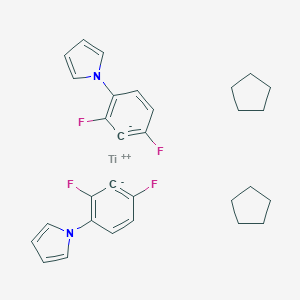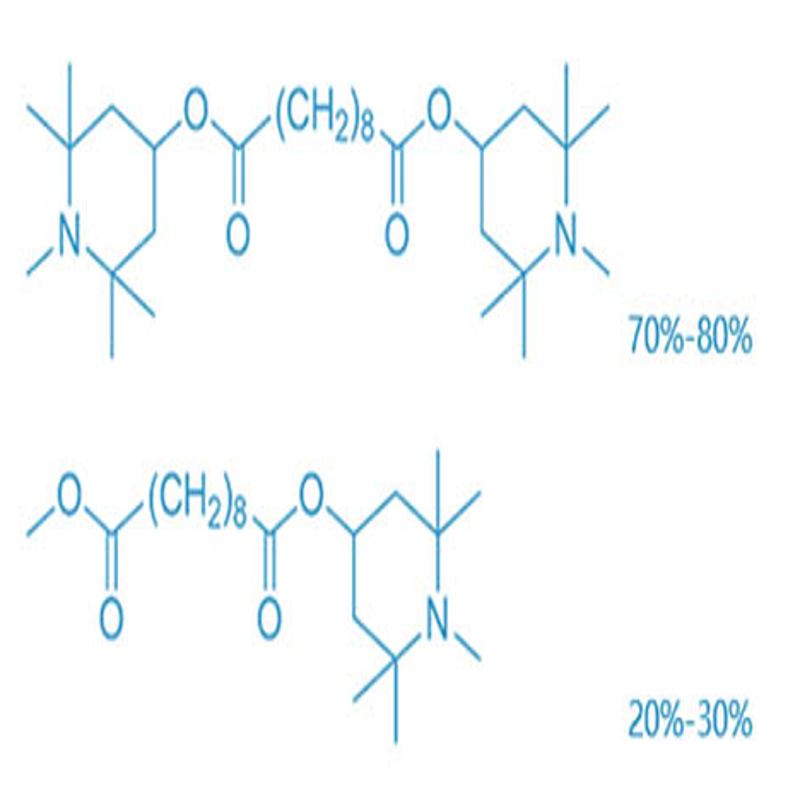-
Categories
-
Pharmaceutical Intermediates
-
Active Pharmaceutical Ingredients
-
Food Additives
- Industrial Coatings
- Agrochemicals
- Dyes and Pigments
- Surfactant
- Flavors and Fragrances
- Chemical Reagents
- Catalyst and Auxiliary
- Natural Products
- Inorganic Chemistry
-
Organic Chemistry
-
Biochemical Engineering
- Analytical Chemistry
-
Cosmetic Ingredient
- Water Treatment Chemical
-
Pharmaceutical Intermediates
Promotion
ECHEMI Mall
Wholesale
Weekly Price
Exhibition
News
-
Trade Service
According to a report from EnergyWorld.
Due to the lack of technology to replace aviation fuel engines, the aviation industry, which accounts for 3% of global carbon emissions, is considered to be one of the most difficult industries to solve
Shell, one of the world's largest oil traders, said its goal is to produce 2 million tons of sustainable aviation fuel (SAF) by 2025, a 10-fold increase from the current global production
Shell, which currently only supplies SAF produced by other companies including the Finnish refinery Neste, said on Monday that it hopes that by 2030, green aviation fuel can be mixed with ordinary aviation fuel without the need to replace aircraft engines, accounting for its global aviation fuel sales.
Investment bank Jefferies said that SAF currently only accounts for less than 0.
The development of the market faces several obstacles, mainly due to the cost of SAF, which is currently up to 8 times that of conventional aviation fuel, and the limited availability of raw materials
Shell said it hopes other companies will follow the company's approach
Anna Mascolo, head of Shell Aviation, told Reuters that we also hope that other companies will increase the production of this fuel through their own production plants
The United States said last week that it hopes to reduce aircraft greenhouse gas emissions by 20% by the end of the 1920s by substantially increasing the use of SAF
New product
New product new productAnglo-Dutch Shell, which plans to reduce emissions from fuels sold to zero by 2050, is undergoing a large-scale reform aimed at producing more low-carbon fuels such as biodiesel and SAF, as well as hydrogen
Shell plans to build a biofuel processing plant at its Rotterdam refinery with an annual production capacity of 820,000 tons, of which SAF will account for more than half of the production
In a new report on the decarbonization of the aviation industry jointly released with Deloitte, Shell called on the aviation industry to reduce carbon emissions to zero by 2050
The International Air Transport Association, which represents most of the world’s airlines, aims to cut carbon emissions by half by then
By using more low-carbon fuels and offsetting the remaining emissions through carbon credits, emissions can be reduced to net zero
Shell is also developing synthetic aviation fuel made from hydrogen and recycled carbon
Mascolo said that sustainable aviation fuel, whether it is bio-SAF or synthetic SAF, is still the single biggest solution







